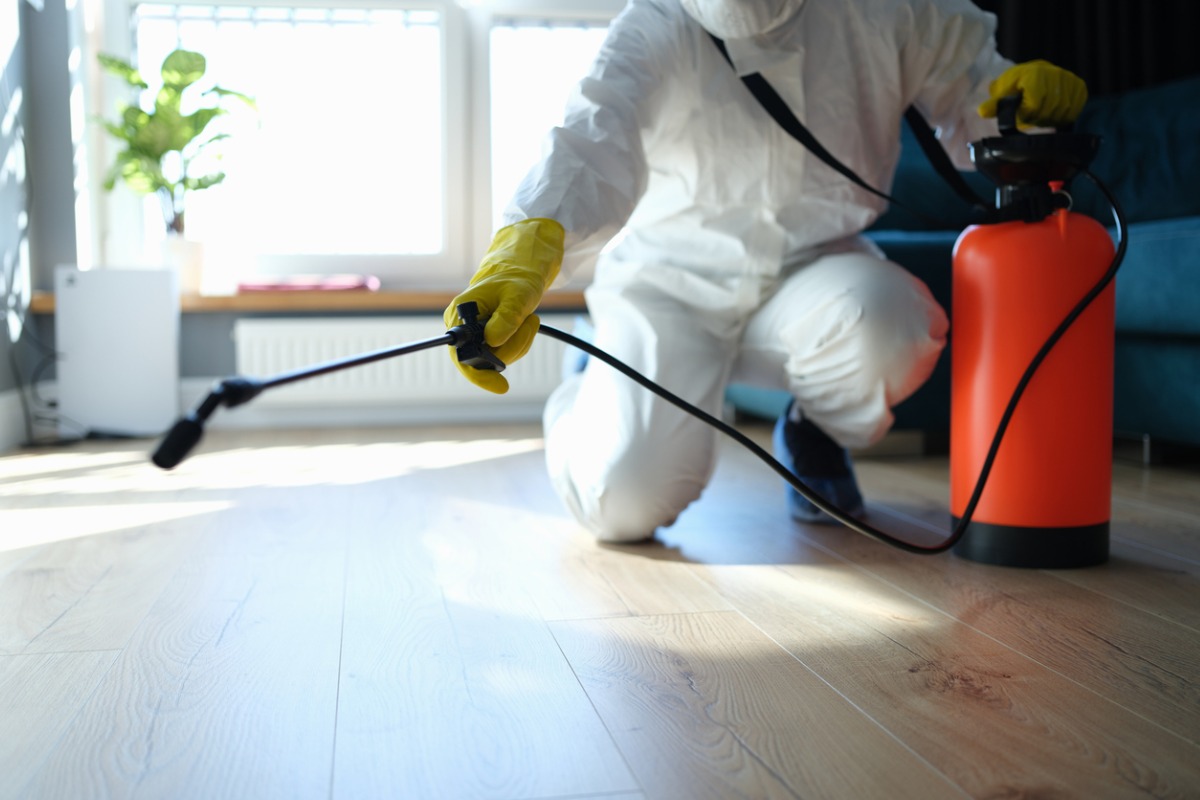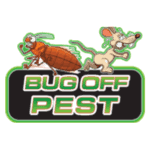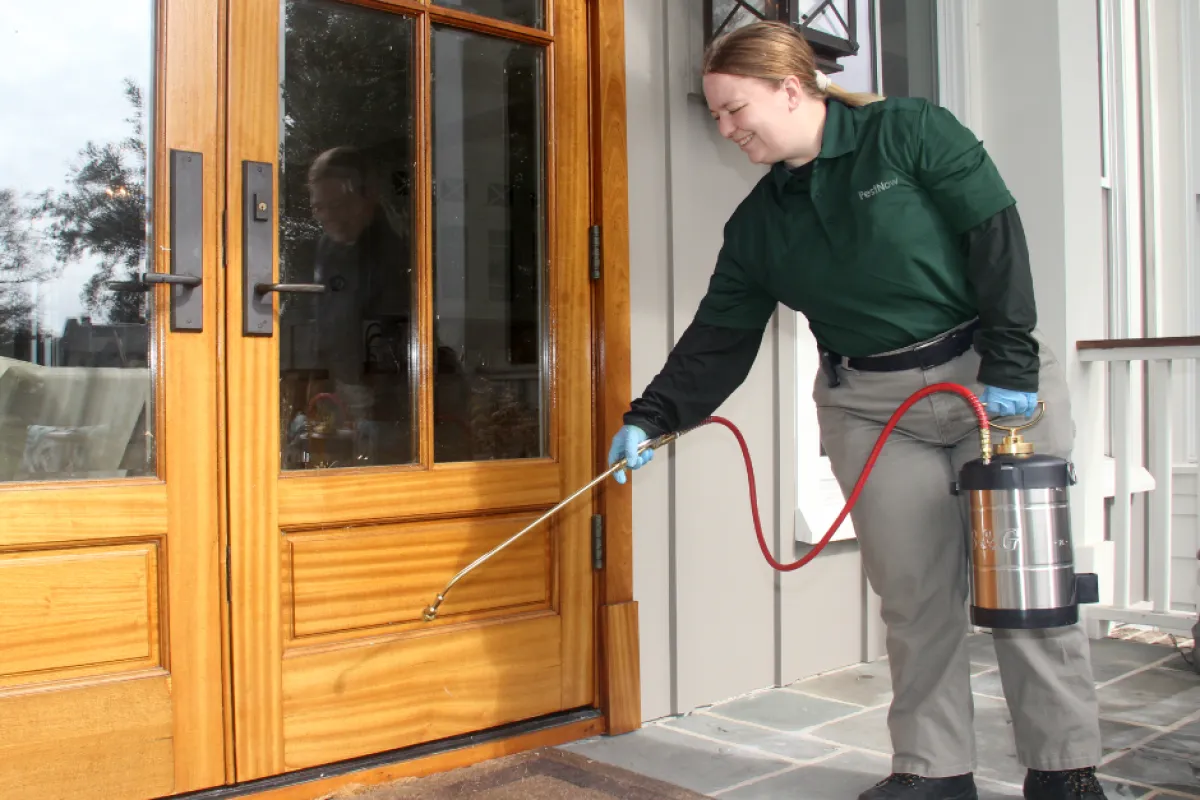Get rid of pests with certified Pest Control in Port Charlotte today.
Get rid of pests with certified Pest Control in Port Charlotte today.
Blog Article
Exploring Cutting-edge Strategies and Products for Reliable Insect Control
The landscape of pest control is progressing, marked by the introduction of innovative methods and products made to boost efficiency and sustainability. From smart catches outfitted with sophisticated surveillance systems to organic techniques that employ all-natural predators, these improvements offer a standard change in how we come close to pest administration.
Smart Traps and Monitoring Systems
Just how can modern innovation boost bug monitoring? One substantial improvement is the advancement of wise traps and checking systems, which give real-time information and analytics for effective pest control. These systems utilize sensors and cordless modern technology to spot bug task, informing residential property supervisors and pest control specialists to infestations before they intensify.
Smart traps are outfitted with features such as bait terminals that attract parasites and record them successfully. These traps can be checked remotely, allowing for timely interventions and lessening the demand for substantial chemical applications. In addition, the combination of equipment discovering algorithms enables these systems to distinguish between target pests and non-target species, enhancing the accuracy of pest control actions.
Furthermore, the data accumulated from clever traps can be evaluated to identify patterns in parasite behavior and environmental aspects adding to invasions (Pest Control in Port Charlotte). This details is very useful for creating targeted insect administration strategies customized to specific environments. By embracing wise traps and monitoring systems, insect control specialists can enhance their operational effectiveness and reduce the ecological impact of bug monitoring, ultimately bring about safer and extra sustainable techniques in the market
Biological Insect Control Methods
Using natural predators and bloodsuckers, organic pest control methods supply an eco friendly choice to chemical treatments. This method includes the intro or improvement of certain microorganisms that can normally control parasite populations, thus lowering dependence on synthetic pesticides. Usual instances include making use of ladybugs to control aphid invasions and parasitical wasps to target caterpillars.

Biological control can be classified into 3 main techniques: classic, augmentative, and preservation. Classic organic control includes importing all-natural opponents from the pest's native habitat, while augmentative control involves boosting the populace of existing all-natural enemies through launches. Preservation methods concentrate on producing conditions that support these useful microorganisms in the environment.
The effectiveness of biological insect control depends upon understanding the complicated interactions within communities. It commonly requires a comprehensive analysis of parasite dynamics and the life cycles of both the pests and their natural enemies. While biological approaches may not offer instant results like chemical choices, they add to lasting parasite monitoring and environment wellness. As awareness of environmental issues grows, organic parasite control methods are significantly identified for their lasting role in incorporated bug administration programs.
Eco-Friendly Chemical Alternatives
Environment-friendly chemical options give a practical option for parasite monitoring that lessens ecological effect while properly regulating parasite populations. These options are stemmed from natural sources and are meticulously formulated to target certain insects without damaging helpful microorganisms, making them a vital part of lasting insect control strategies.
Amongst the most efficient environmentally friendly options are plant-based insecticides, such as neem oil and pyrethrin, which are stemmed from the seeds and blossoms of different plants. These compounds interrupt the life process of bugs, reducing their populations without the toxic impacts related to traditional pesticides - Pest Control in Port Charlotte. In addition, essential oils like peppermint and clove oil exhibit repellent properties, better improving their energy in pest management

Furthermore, environmentally friendly chemical options typically break down quicker in the setting, reducing the threat of dirt and water contamination. This particular aligns with the raising consumer need for lasting techniques in agriculture and metropolitan bug control. As research study proceeds to development, the advancement of innovative green formulations will see here additionally boost effectiveness and broaden application areas, allowing pest administration professionals to take on greener, a lot more accountable techniques in their techniques while protecting human health and wellness and the atmosphere.
Scent Disturbance Techniques
Another ingenious approach in sustainable parasite administration is making use of scent disturbance techniques. These methods exploit the natural chemical signals, or pheromones, that pests use for interaction, particularly in breeding behaviors. By interfering with these signals, bug populations can be properly taken care of without considering dangerous chemicals.
Pheromone catches are generally used in this strategy. These catches utilize artificial variations of insect scents to lure male pests, thus decreasing their capability to find ladies and reproduce. With time, this can bring about a significant decline in insect populaces. Furthermore, the release of repellent pheromones can create complication among pests, additionally preventing their breeding procedures - Pest Control in Port Charlotte.

Integrated Insect Administration Techniques
Reliable insect control usually requires a thorough strategy, and Integrated Bug Management (IPM) approaches give a framework for accomplishing this objective. IPM incorporates various management techniques to minimize bug populations while minimizing reliance on chemical pesticides. This diverse approach begins with extensive surveillance and identification of pests, permitting for targeted interventions based upon particular pest stress.
Cultural methods, such as crop turning and hygiene, play a vital duty in protecting against parasite facility. Biological controls, consisting of all-natural killers and parasitoids, are used to keep bug populations at manageable levels. When required, discerning chemical therapies are applied, stressing reduced poisoning to non-target varieties next and the atmosphere.
In addition, education and outreach are important parts of IPM, promoting understanding amongst stakeholders concerning lasting techniques and pest life process. The adaptability of IPM permits practitioners to respond efficiently to transforming pest dynamics and environmental conditions. By employing this holistic approach, IPM not just boosts parasite control performance however also contributes to long-lasting ecological equilibrium. Ultimately, Integrated Pest Management stands for a forward-thinking service that lines up agricultural performance with ecological stewardship, making it vital in modern bug control approaches.

Verdict
Finally, the integration of cutting-edge methods and items for reliable pest control stands for a considerable innovation in sustainable parasite administration. Smart traps and keeping track of systems, organic insect control approaches, green chemical choices, and scent interruption techniques collectively improve the performance of bug administration strategies. By embracing these approaches, the dependence on conventional chemicals can be lowered, advertising ecological wellness while guaranteeing efficient pest control. Continued r & d in these areas will certainly further improve bug management methods.
Report this page